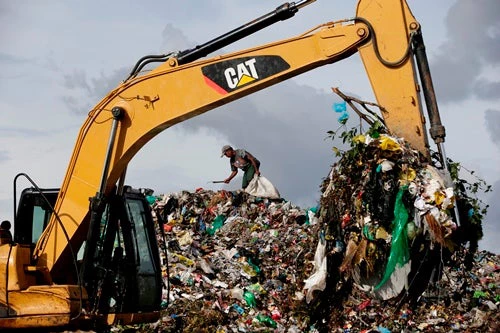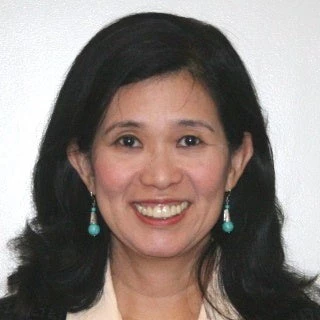
The waste sector spans from collection, sorting, separation, recycling, handling of residuals and safe, final disposal. The elements of an efficient and effective waste management system are multifaceted and its operations are complex. While many perceive the entire process as a ‘dirty’ business, it requires a high level of professionalism and sophistication to run a well-organized waste management scheme. It is not a surprise that a strong informal sector has evolved to cater to the unmet waste disposal needs of communities, industries and other waste generators.
It is estimated that over a hundred thousand people in the Philippines work in the informal waste sector. Many of these belong to vulnerable, marginalized groups - waste pickers in open dumpsites and other dumping grounds and wandering trash collectors, haulers and buyers on-foot or using wooden carts and bicycles.
They are among the poorest of the poor in developing countries who include the uneducated, unskilled, elderly, disabled, women, children and migrants who have limited livelihood opportunities and unstable incomes. They lead a hand-to-mouth existence, contending with pay-dirt earnings and destitute working conditions.
Their marginalization is perpetuated by the lack of recognition by the formal waste management system and the socio-economic barriers they face in accessing more formal or profitable livelihood opportunities.
One way of making their contribution recognized by society is to promote their role and support to the waste sector. The World Bank, through the Japan Social Development Fund (JSDF), is helping them organize themselves to improve their livelihoods and social inclusion through income generating opportunities and integration into the evolving solid waste management sector.
A long-standing player is the Payatas Alliance Recycling Exchange (PARE) Multipurpose Cooperative, composed of informal waste recyclers who earn their living by segregating and recycling wastes so that only residuals enter the Payatas Sanitary Landfill in Quezon City. Payatas used to be the Philippines largest open dumpsite and is now home to a 1MW power plant that converts the landfill gas into electricity.
PARE is assisted by the JSDF project (docx) with the help of the Solid Waste Management Association of the Philippines, by strengthening the capacity of their cooperative members to set up their own microenterprises. PARE took center stage during the April 25, 2014 Earth Day Jam celebration in Manila to demonstrate how to do waste segregation at home.
The event also gave them the opportunity to talk about waste management in front of thousands of music- and nature lovers who came to enjoy live music and listen to talks on the environment while pledging their support to Mother Earth.
Bonifacio Astaquita, a father of 10 from Bacolod in the Visayas, is among the project beneficiaries. Waste picking has been his main source of income for 10 years.
After attending the Urban Container gardening training administered by the project, he harvests at least 10 kilograms of organic vegetables a week which he sells to his community, as it is more than enough for his family’s consumption.
The country has been grappling with the perennial threat of a garbage crisis and awareness raising is not enough. Given this enormous challenge, we need to help formalize our ailing and fragmented solid waste sector and bring in as many players as possible to strengthen it.
We need to recognize the contribution of the informal waste sector and professionalize their ranks as they have the capacity, stamina and perseverance to advance and expand our waste management systems. By working together to save ourselves from drowning under our own trash, we are also saving the lives of people working in the informal waste sector.
As the Philippines celebrates Clean Up Month in September, let us find ways to get to know more about proper waste management and find practical ways and means in applying it in our own lives. I would love to hear your experience or thoughts on this.


Join the Conversation